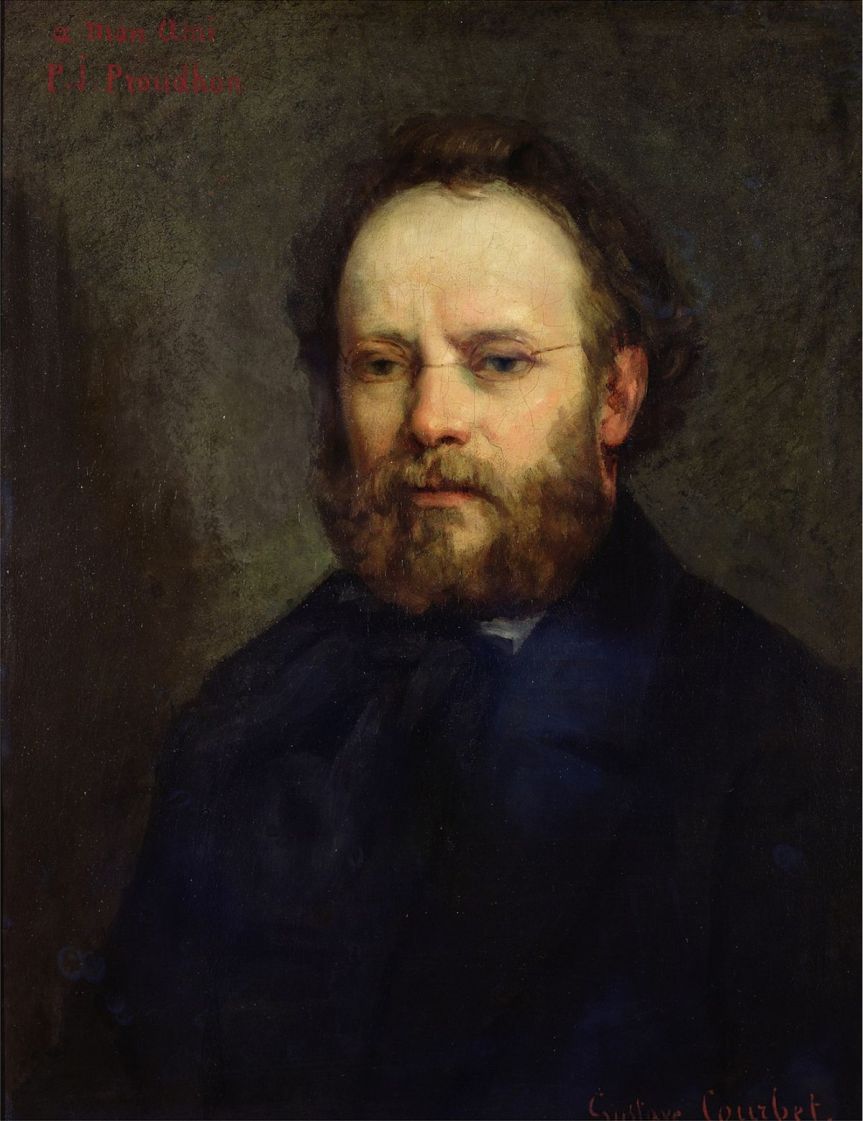The latest installment of History in 5-or-so Minutes, which actually comes in at about 4 minutes! Enjoy!
And here’s the text:
In discussion this week with my two Modern World History sections, I ran into some interesting responses to the passage from Proudhon I had some of them read. This week we were talking about issues in the nineteenth century including the European colonialist scramble for Africa, Commodore Perry’s forceful opening of Japan to western trade, pseudo-scientific racism and the Chinese Exclusion Act, and the Roosevelt Corollary to the Monroe Doctrine and the response by Latin Americans to “The American Peril.” The Proudhon reading was paired with a passage from Ernest Edward Williams’s “Made in Germany”, in which Williams complains of the negative effects of German industrialization to British market dominance. Students in the group reading Williams and Proudhon seemed to understand the “Germany” passage much more easily than the Proudhon, despite the fact that the “Germany passage was longer and came from what I think of as a slightly more difficult sourcebook.
So I’m starting to think about the issue. What’s the problem with Proudhon? Probably the main issue is in the introduction to the passage from What Is Property?, where the editors announce that Pierre-Joseph Proudhon was an early socialist and is associated also with anarchism. Boom! That was it, I think, for many of my students.
When they were describing the reading in discussion to classmates who had read other materials, several of the students said things like, “Well, he was a socialist” or “that type of thing sounds good in theory, but doesn’t work in practice.” These comments were not really germane to the brief passage, where Proudhon doesn’t actually make any concrete proposals. Well, okay, the editors did include the part where he says “Property is robbery!” So maybe the sensationalism of that line drowned out the rest of the argument, which was a bit less flashy. But that leaves me with the same questions.
Should I avoid using this particular passage, because of the introduction as socialism and the line equating property with theft? I’d like to direct the discussion more toward Proudhon’s critique of absolute ownership (the freedom to destroy) as being both unsustainable and not in society’s interest. And I’d like to make the more general point that not having a viable alternative doesn’t necessarily mean you don’t have a valid criticism of the status quo. Maybe I’ll try to sneak up on this next time I teach this module: introduce the criticisms of absolute property rights, unregulated markets, etc. before identifying these critiques as coming from socialists. And there are other folks (pre-Marx, too!) like Robert Owen who I might introduce as people who offered some creative solutions to the problems they perceived.
The question seems contemporary, with people on the left beginning to identify themselves as socialists (Bernie) or Democratic Socialists (Alexandria Ocasio-Cortez). Maybe I’ll start some type of a forum or blog space, where people could present their arguments and understandings of these issues. Just a thought, but wouldn’t it be fun to teach an interdisciplinary course with an economist and a political scientist, called something like “Free Markets vs. Socialism.”


